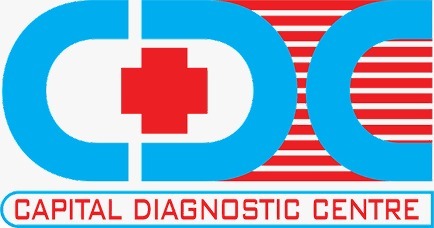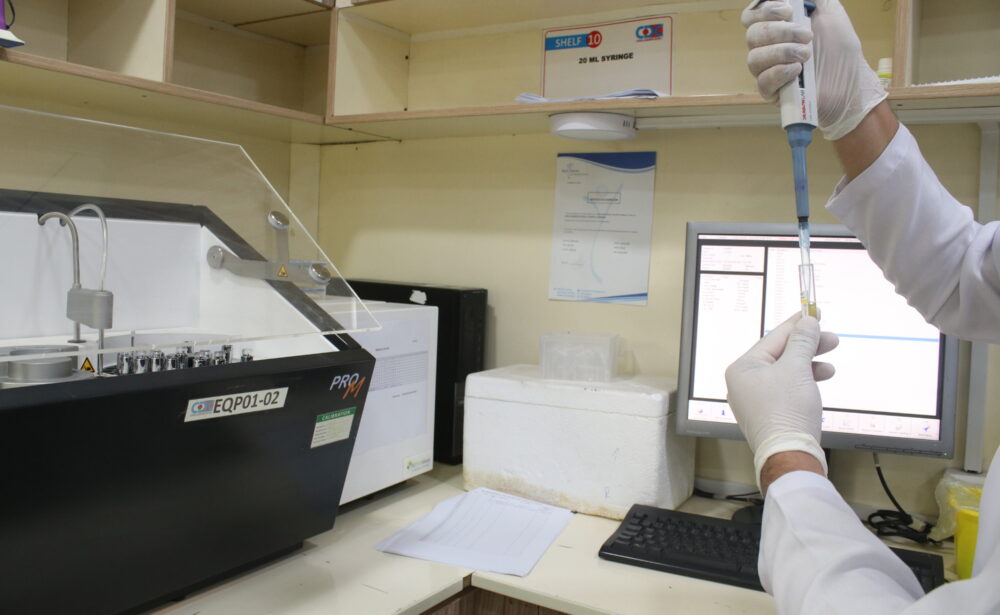Clinical Chemistry – Advanced Blood & Biochemical Analysis
At CDC Diagnostic Centre, our Clinical Chemistry department specializes in advanced biochemical testing to evaluate body functions.
We analyze blood, urine, and other fluids to detect metabolic disorders, kidney and liver function, diabetes, and cholesterol levels.
Our laboratory is equipped with state-of-the-art analyzers to provide precise and rapid test results.
Tests include glucose levels, liver enzymes, kidney function tests, and electrolyte balance assessments.
Accurate biochemical evaluations help in diagnosing chronic diseases and guiding treatment plans.
CDC ensures highly reliable, standardized, and automated processes to maintain diagnostic accuracy.
Regular clinical chemistry tests help in disease prevention, early detection, and effective management.
Trust CDC for comprehensive biochemical analysis with fast and accurate laboratory results.
At Capital Diagnostic Centre, we offer advanced Clinical Chemistry testing to assess vital body functions, detect diseases, and monitor overall health. Using cutting-edge laboratory technology, we ensure precise and reliable results for early diagnosis and effective treatment.
Liver Function Test (LFTs)
Renal Function Test (RFTs)
Lipid Profile
Iron Profile
Glucose Test
Benefits of Clinical Chemistry Research
Clinical chemistry plays a key role in diagnosing and monitoring chronic diseases like diabetes and heart disease. Advanced biochemical markers improve accuracy in detecting organ dysfunction and metabolic imbalances. Regular screenings help in preventing health complications through early intervention. Automated systems enhance test reliability, reducing human error in laboratory analysis.
- Early Detection of Diseases
- Fast & Reliable Diagnosis
- Essential for Health Monitoring
- Helps in Treatment Adjustments
Frequently Asked Questions (FAQs)
It measures substances in blood and fluids to evaluate organ function and detect diseases.
Most results are available within 24 hours.
People with diabetes, kidney issues, liver problems, and routine health checkups should get tested.
Some tests, like glucose and lipid profile, may require 8-12 hours of fasting.
Yes, they involve a simple blood or urine sample collection with no side effects.

